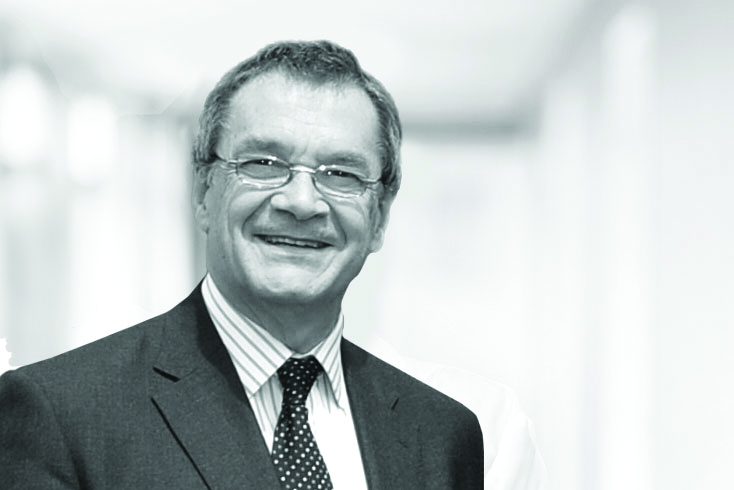Seeing change from a personal perspective – Barry Cockcroft
NewsPosted by: Dental Design 10th August 2018

I graduated in 1973 and worked continually in the NHS until I moved to the Department of Health in 2002, continuing my involvement with the NHS until I retired in 2015.
In the last few months I have been involved with several hospitals in the Warwickshire area, not from a dental perspective. My first job after qualification was as a Senior House Officer (SHO) in the Dental Department in the Coventry and Warwickshire Hospital. This hospital does not exist now and neither does the SHO position, nor the “Dental Department”.
The career pathway for a medical graduate looking to pursue a specialist career at that time was House Officer (HO), SHO, Registrar, Senior Registrar and hopefully a Consultant post. The HO post was a pre-registration post for a year for medics, the equivalent of a first year Foundation Trainee today. As a dentist there was no vocational/foundation training and dental graduates could apply for SHO posts on graduation. I was keen on oral surgery as a career but then I soon realised that a career in oral surgery was going to be difficult to progress as it became obvious that the medical speciality of oral and maxillo facial surgery was going to dominate those services and that without a second (medical) degree I would have to look elsewhere for a career.
As I have been visiting various hospitals around Warwickshire it has struck me how much things have changed. From my base in the Coventry and Warwick I provided A&E cover for dental and facial trauma cases across hospitals in Warwick, Stratford upon Avon, Leamington Spa, Nuneaton and Rugby as well as the very busy Coventry unit.
This was in the days before seat belts were mandatory and middle third maxillary fractures were not uncommon; mandibular and zygomatic arch fractures were also a regular occurrence, along with various lacerations and dental trauma. Staffing levels were very different to nowadays; I worked for two great consultants, one medically qualified and the other not, but there was nobody in post between me and the consultants so the extent of hands-on experience (and pace of learning) was far different to today.
As a student I had never stitched skin but my first case, mid-morning on my first day (a Sunday) involved a young show jumper who had been kicked in the face by a horse, suffering multiple facial lacerations, some through and through.
It was an amazing year, the two consultants were amazingly supportive and I learnt a lot, but how things have changed! I suspect there is little chance these days of a newly graduated dentist getting to elevate a fractured zygoma or wire a mandible (I don’t think they even do that now). Networks have developed and patients now get great care but it seems to take longer for people to acquire experience.
During my 12 months in post one of the consultants moved on and then the other had to take urgent compassionate leave, and I was on my own for a fortnight with an instruction to “call Birmingham” if there was something I could not manage. I worked 24/7 for a fortnight and I don’t think anything went wrong and as operating sessions, involving anything complex, were cancelled I did manage to get some sleep, but I don’t think that my working pattern that fortnight would comply with the EU Working Time Directive!
A lot has changed beyond just job titles and career pathways now. I remember taking impressions for newborn babies with clefts; these are now managed in centres of excellence with amazing outcomes. The Dental Departments are now the Maxillo Facial Departments despite the fact that the majority of the workload in most units is still either oral surgery or orthodontics.
However, some things have not changed; people still turn up inappropriately at A&E, either drunk or with conditions that have been present for days and could have been dealt with in primary care, and dentists still refer things that they could and should deal with in their practices. There is still a lack of understanding or appreciation in the secondary care sector of the pressures those working in primary care face, and vice versa.
I suspect that there are now more people involved in providing these services and that patient expectations are higher and outcomes really good, but these improved outcomes come at a significant cost, just as in other areas of the NHS, so I hope that the recently announced increase in funding for the NHS is not seen as “the answer” but more of a step in the right direction.
People are living for longer and most of them now retain their teeth so dentistry also needs extra investment, but possibly not just more of the same.










